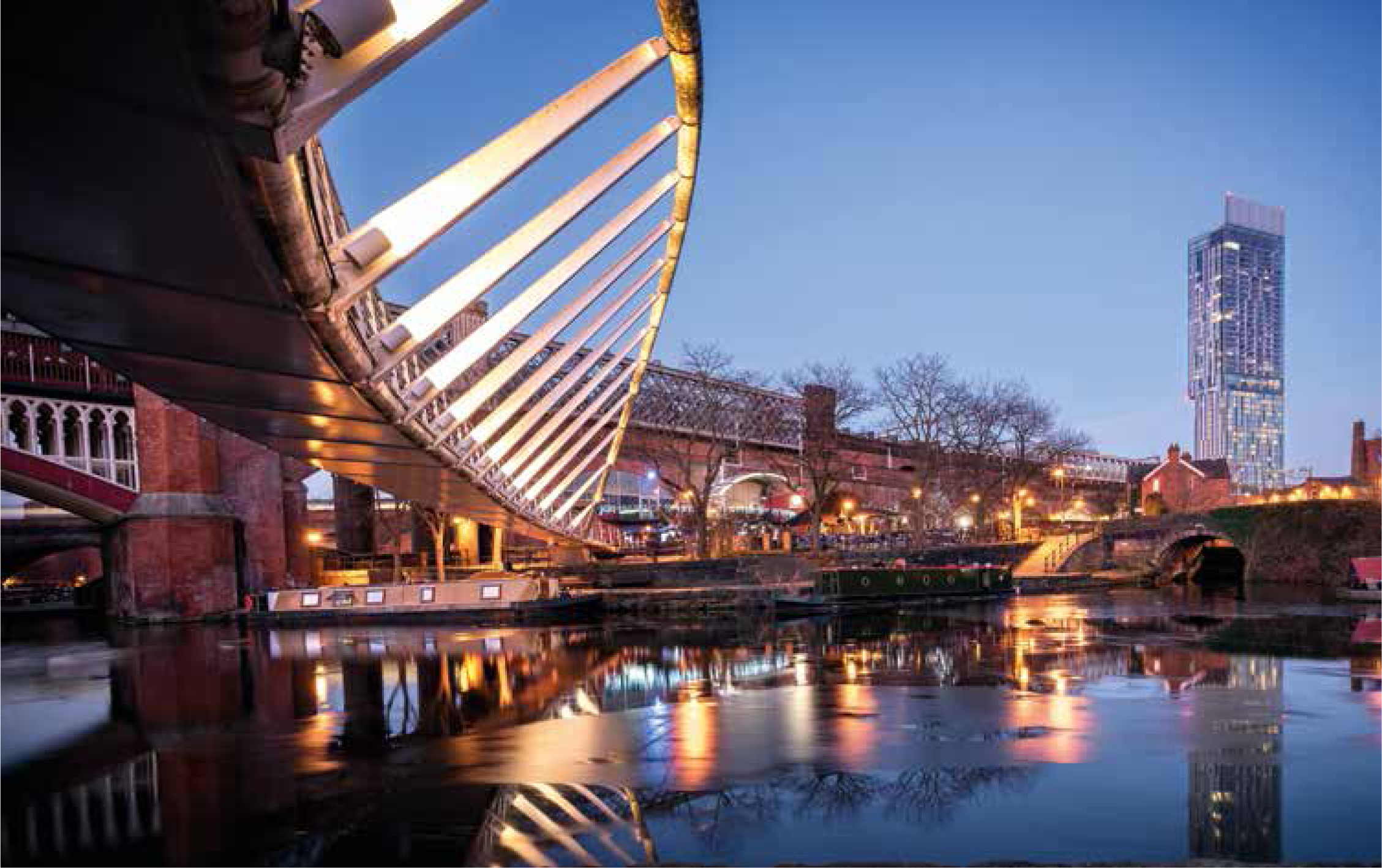Monday 22 May 2017 is a day I will remember for a long time. I am an Operational Manager based in Manchester, and have worked for the North West Ambulance Service (NWAS) for the past 23 years. On the night of the arena attack, I was on call for the Trust, which involves me attending large incidents if required, as well as other problems that may occur within the Greater Manchester area.
At 10:40 pm that evening, I was at home and in bed when my phone starting ringing. The Performance Manager from our control room was ringing to inform me that they needed me to respond to reports of a bomb in the city centre. I quickly got dressed, made my way to my car and set off to the Manchester Arena. At first, I did not think this was real as we often get calls which turn out to be false.
A real incident
I drove towards the city centre and was updated by my radio regarding rendezvous points for our staff—I realised then that this was a real incident. As I was driving to the arena, I expected to hear lots of sirens and see other vehicles heading to the same place as myself. I saw no other emergency vehicles on my journey, and the roads were very quiet for that time of night.
I arrived on scene outside Victoria train station and parked my vehicle. I saw a large number of Police vehicles parked up. Police officers were helping injured people away from the arena and I recall a Police car still had its sirens going off. At this point, the only staff from the ambulance service present were myself, Paddy Ennis who was across the bridge triaging casualties, and Dan Smith, the consultant paramedic. I wanted to go over and assist Paddy but was also aware that as a commander, there were other priorities that needed attending to.
An effective response
It is always difficult as a paramedic to say to injured people that I was not there to treat them—to the public, they can't understand why I am not helping and, in their minds, ignoring them. But managing the scene and reporting back on what resources we will need, and the types of injuries we are dealing with, is vital for an effective response.
As vehicles started to arrive on scene, we started treating the injured and getting them moved to hospital. We had not long rehearsed a multiple casualty situation, and so we knew it wasn't a case of just taking patients to hospital. We had to establish the injuries they had and which hospital specialised in those types of injuries to make sure they got the right care at the first place they were taken to. This benefits not only the patient, but also makes sure that emergency departments are not overwhelmed. They say the first hour of any major incident is the worst and this was definitely the case for this incident.
Do Manchester proud
As a commander, everyone looks to me to have the information and, hopefully, the answers to ensure the incident runs as smoothly as possible. It's a role with great responsibility and I hope I did my colleagues and Manchester proud that night. I believe I did.
There are things about the incident I remember and can describe in detail: what I was doing, the smells, the sounds. But there are also a lot of things I cannot remember happening and have been reminded by news clips and listening to others speak. The Trust has had a few briefing sessions since and an informal event where we could all talk about our experiences and the impact our role had.
An NHS united
More than 300 NWAS staff responded to this incident—from those answering the 999 calls, those on scene responding to the people, behind the scenes managing the incident, liaising with the hospitals, national groups and other commanders. Everyone worked so hard and the professionalism was outstanding.
We all worked together and I can honestly say, I was proud to work for NWAS that night. I felt incredibly proud of all the staff who attended to treat and transport patients to the various hospitals in Manchester—and proud of the NHS as a whole. We heard of hospital porters, nurses, catering staff, who came in to assist clinicians…it was amazing. Nobody questioned anything we asked them to do; everyone just got stuck in until the job was finished and everyone had left and were safe.

These sorts of events were a rare occurrence, but lately are becoming common—not just in the UK, but around the world. I felt very well prepared for the event as a result of the training I had received, as well as practice on numerous occasions throughout the years of being a commander for the service. The whole NHS worked as a team and this is something as a country we should be proud of. People volunteered to come into work, extend their shifts, and help in any way they could.
Looking after Manchester
Our control room worked wonders as not only did they have to deal with the incident, but they also had core business in Manchester to take care of and ensure everyone else ringing 999 were catered for while all of this was going on. Everyone in Manchester who needed an ambulance that night, whether it was a birth, cardiac arrest or an elderly person who had fallen, got the help they needed. We were ably assisted by colleagues from Yorkshire, West Midlands, East Midlands and Wales— and we were very grateful for their help.
I never thought we would have a second bombing in Manchester after being involved in the previous bombing in 1995. But that night of 22 May 2017 showed that anything can happen anywhere.

